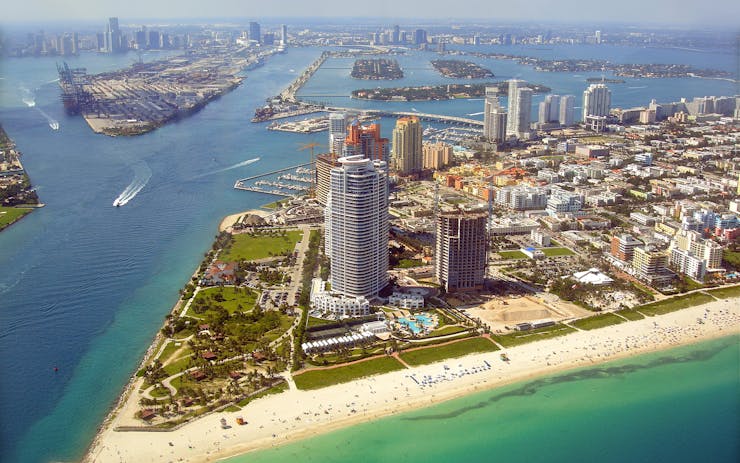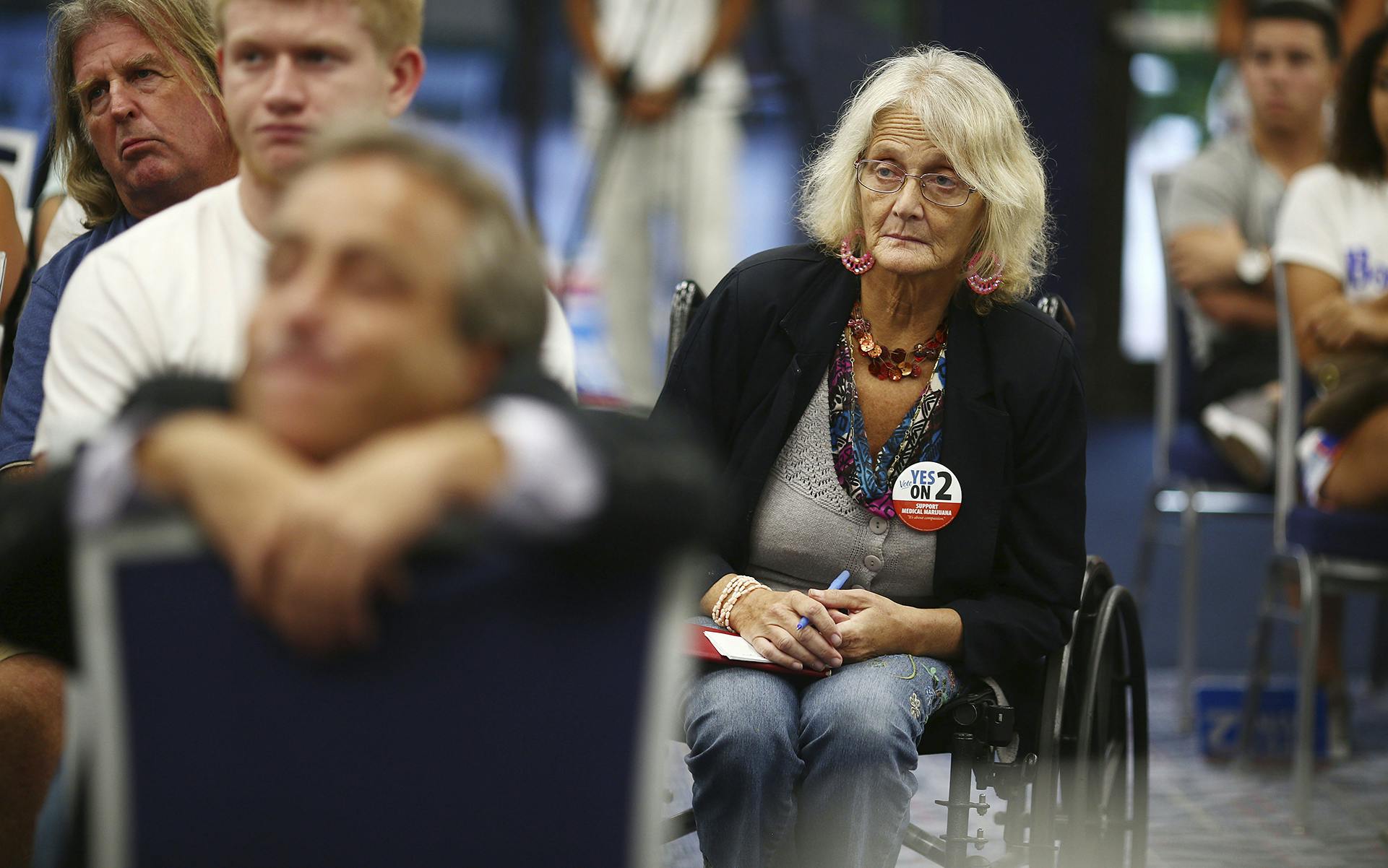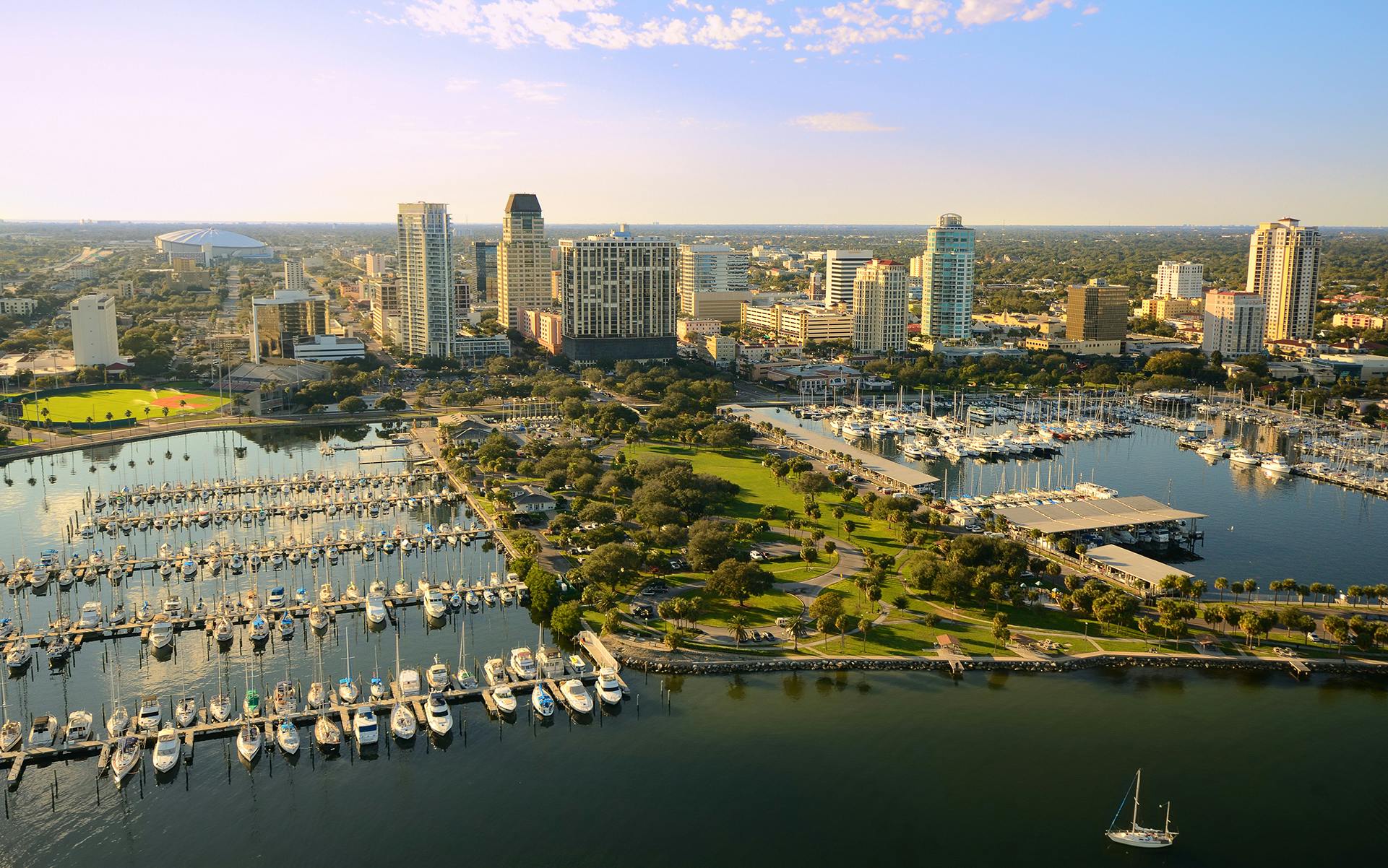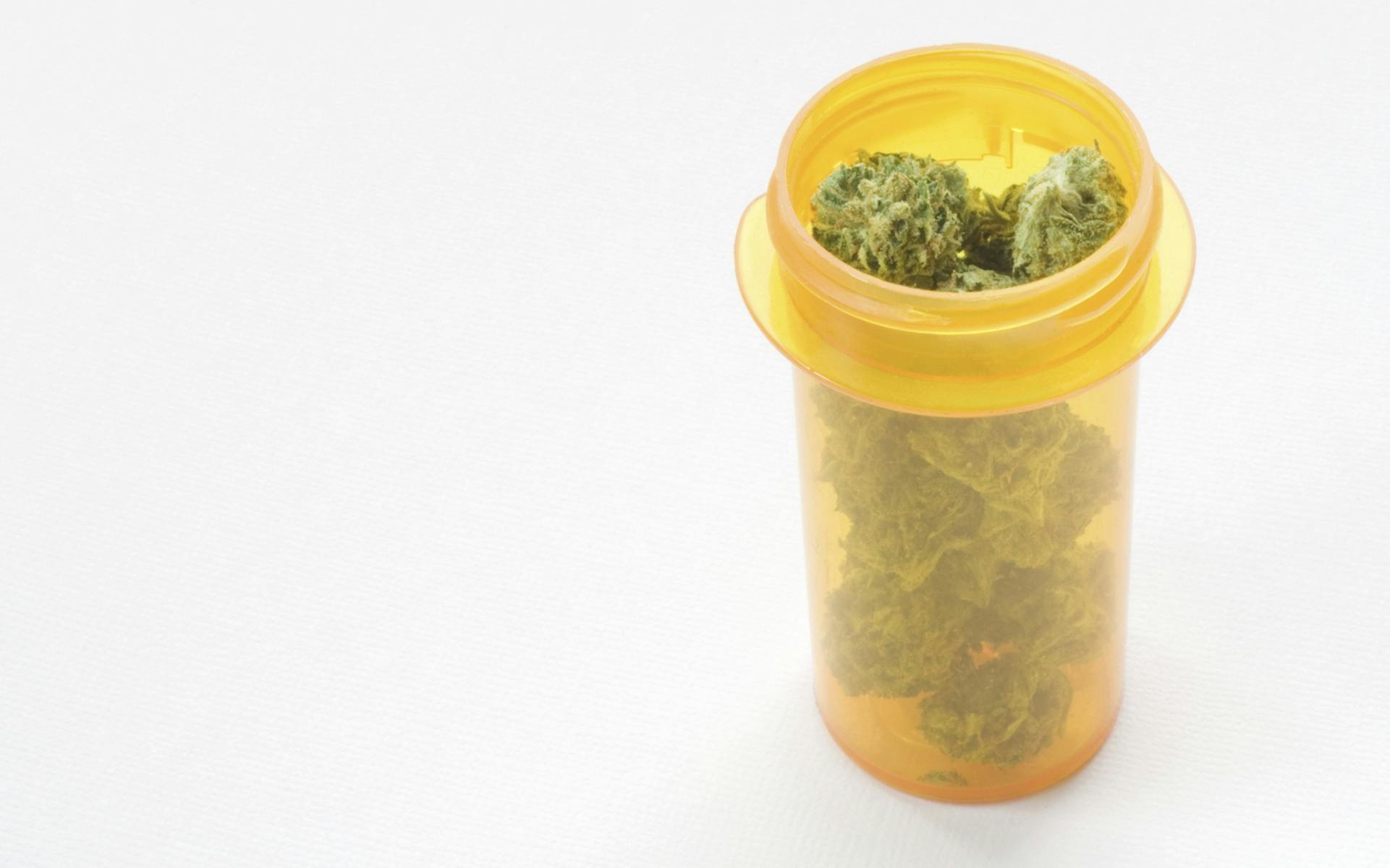Florida’s 20 million residents may be forgiven if they’re confused about the upcoming vote on Amendment 2, which would legalize medical cannabis. Didn’t they recently see headlines announcing “Florida Opens First Dispensary”?
They did (see the headlines). And they didn’t (open an actual dispensary).
Technically, Florida medical marijuana “dispensaries” do exist. Also technically, what they offer is hemp oil. That’s not an exaggeration.
Florida voters expressed their desire for medical cannabis with 57.6 percent approval (but not passage) of medical legalization in late 2014. Heeding that vote, state legislators attempted to craft a medical marijuana bill in Tallahassee. The best they could do, however, was the deceptively named Compassionate Medical Cannabis Act of 2014, which offered no medical marijuana at all. What it allowed was, quite literally, hemp oil.
The act allowed exactly six licensed Florida companies to manufacture and sell “low-THC cannabis,” which is defined as containing 0.8 percent or less of THC, and 10 percent or more of CBD.
Let’s put that into context. The federal government and most states define industrial hemp (non-intoxicating cannabis) as a product containing no more than 0.3 percent THC. West Virginia actually considers cannabis with less than 1.0 percent THC to be hemp, so the strictly controlled medicine allowed to a small number Florida patients would actually be categorized as hemp in the Mountain State.
In fact, the “low-THC cannabis” strictly regulated by the state of Florida is currently sold openly nationwide over the internet. Earlier this year the U.S. Food and Drug Administration (FDA) tested CBD-rich hemp oil products sold by legal websites. FDA researchers found four products that would qualify as “medical marijuana” under Florida’s current regulations:

Source: U.S. Food & Drug Administration, “2016 Warning Letters and Test Results for Cannabidiol-Related Products.”
Okay, to be fair: Two would qualify and two would be judgment calls, depending on whether Florida state officials measure THC content to the tenth of a percentage, or to the hundredth.
To qualify for permission to receive this hemp oil, a Florida patient must receive permission from a specially licensed physician. To be licensed, a physician must pass an exam after investing 8 hours in a special medical marijuana training program. (No such requirement exists for doctors who prescribe opioids.) Only patients who have cancer or an intractable seizure condition, such as severe epilepsy, may qualify. Patients under 18 must receive permission from two MMJ-licensed physicians.
You can obtain normal cannabis in Florida. But only if you're about to die.
Last year the Legislature added another qualifying condition. Patients with a documented terminal illness may now receive medical marijuana with more than 0.8 percent THC. Only patients who are expected to die within 12 months qualify for this special exemption. In other words, if you’re nearly dead and have no expectation to survive, Florida law will allow you to obtain the same cannabis that’s legal in 25 other medical states. But first you have to have a physician swear on paper that you are absolutely going to die. Soon.
Shop highly rated dispensaries near you
Showing you dispensaries nearThis is why medical cannabis advocates are working hard to pass Amendment 2: The state’s current “medical marijuana” program is not a medical marijuana program at all. Many growers in the current program—I’ve met some of them—are sincerely trying to help. They may eventually become the foundational cannabis farmers in a robust Amendment 2 program. But right now they’re bound by the ridiculous strictures created by state legislators, who established a cruel hoax that mocks thousands of Florida patients who sincerely need help.








